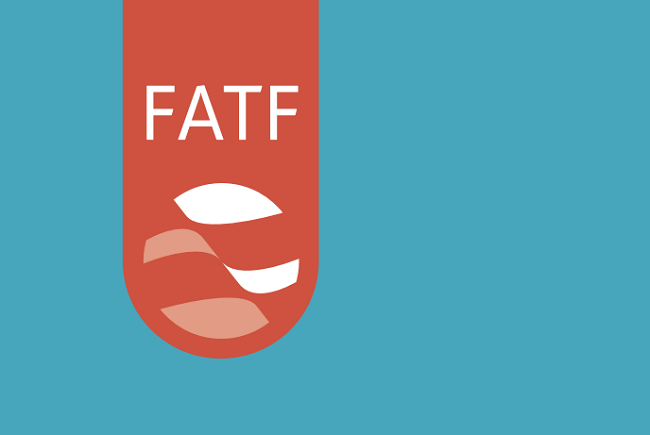Free Courses Sale ends Soon, Get It Now


Free Courses Sale ends Soon, Get It Now



Copyright infringement is not intended
The story so far:
What is FATF?
What is the effect of ‘grey listing’?
Why was Pakistan retained in the ‘grey list’?
How may Pakistan come off the list?
(1) providing evidence that it actively seeks to enhance the impact of sanctions beyond its jurisdiction by nominating additional individuals and entities for designation at the U.N.; and
(2) demonstrating an increase in money laundering investigations and prosecutions and that proceeds of crime continue to be restrained and confiscated in line with Pakistan’s risk profile, including working with foreign counterparts to trace, freeze and confiscate assets.
© 2024 iasgyan. All right reserved